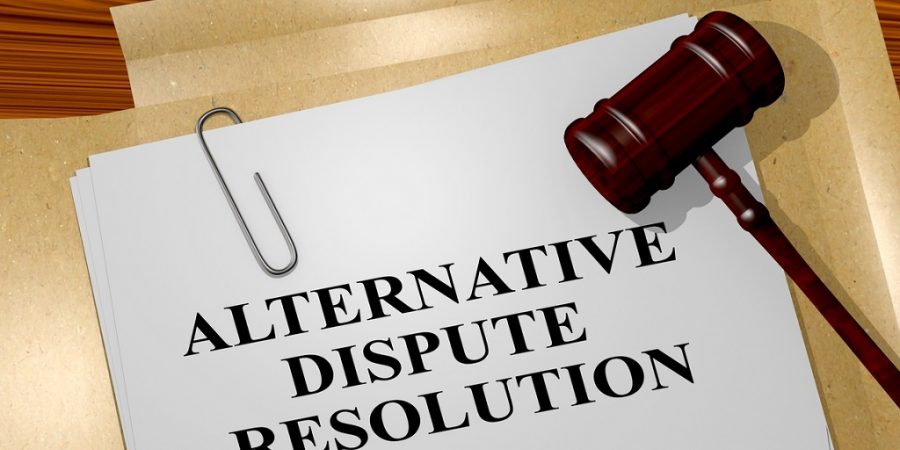Mr Akpan is CEO of KAY’S LOGISTICS, a small but fast rising logistics company in Lagos, Nigeria. Through hardwork and consistency, KAY’s LOGISTICS has grown to be a household name for families and entrepreneurs. KAY’S LOGISTICS has a number of high profile clientele across various parts of Nigeria.
On 23rd November 2019, Mr Elvis of CDE FARMS, a regular and high profile client to Mr Akpan placed an instruction for twenty tonnes of recently ordered fresh fruits and vegetables to be delivered to the fomer’s client in Calabar, Cross River State. Mr Elvis was assured by Mr Akpan that the goods will be delivered within two days.
Unfortunately, the vehicle assigned for delivery developed a major fault en route to Calabar, exposing the fruits and vegetables to harsh weather conditions and decay before arriving at its destination. Mr Elvis has lost hundreds of thousands of naira in capital as well as profit.
Furious, Mr Elvis has not only threatened to sue Mr Akpan, but served him with court processes seeking the sum of N2,500,000 (two million and five hundred thousand naira) as damages.
Mr Akpan believes that handling the dispute in court may cost him time as well as money his business can’t afford. Mr Akpan is presently faced with the option of seeking the services of a litigation lawyer to represent him in court.
The above scenario is the plight of many small and medium scale enterprises in Nigeria. No doubt most business owners today currently regard the court system in Nigeria as time consuming and a waste of resources and will immediately resist the idea of resolving any form of business disputes in court.
The reasons behind such dispositions aren’t far fetched. Don’t get me wrong, the court / adversarial system of resolving dispute may in some cases be the only available option in resolving certain kinds of disputes. But where there are other less time consuming and more cost effective options/ means at your disposal, why resort to the court system?
There are various Alternative methods of dispute resolution such as; Arbitration, Conciliation, Mediation etc. However, for the purpose of this write up, I’ll like to focus on one which I regard as convenient and most beneficial to SMEs; Mediation.
WHAT IS MEDIATION?
It’s an alternative means of resolving dispute whereby a mediator is appointed upon approval of both parties to assist them in arriving at an agreement amicably.
HOW IT WORKS.
Parties with conflict may have a pre-existing agreement which refers them to resort to mediation should a dispute related to the said agreement arise. On the other hand, disputing parties with no pre-existing agreement may on some occasions resort to appointing a mediator on their own accord and without resort to a prior agreement.
The appointed mediator who is a neutral party to the dispute, suggests terms on which the existing dispute could be resolved. In some cases, parties may reach agreement on all issues raised. In other cases, parties may disagree on some issues raised.
When an agreement is reached, it is reduced into writing for future execution and reference. Such agreement reached could also be enforced as judgment of the court.
Where parties fail to reach an agreement on all or any of the issues raised, the mediator should as far as possible encourage the parties to seek further ways of resolving the dispute with or without his assistance.
BENEFITS OF MEDIATION TO SMEs.
Adopting mediation as a means of resolving disputes amongst business partners as well as customers attracts numerous benefits;
- It saves time as the presence of a mediator drives the dispute resolution process at a fast pace.
- The certainty of the duration of the process reduces cost and expenditure. This is not the case with the court system.
- Enforcement of decisions reached during mediation is easier as the mediator serves as a witness to the settlement reached by the parties.
- It preserves the goodwill existing between the parties and encourages restoration of relationship between the parties after negotiation.
- Proceedings are held in private and are not disclosed to the public or used against each other should the mediation process fail.
- Parties have a say on who presides over the process, when and where the process may take place.
- Business reputation is preserved as confidentiality is guaranteed during such proceedings.
Back to the scenario painted above, Mr Akpan may explore mediation as a viable option for resolving his dispute with Mr Elvis, by instructing his Lawyer (who has experience in Alternative Dispute Resolution) to explore the option of mediation first, as against resorting to the courts. Such action if taken, stands a greater chance at success.
Timing is key when deciding what form of ADR to resort to. I strongly recommend startups or SMEs who are considering adopting mediation in their business transactions to do so especially when business relationships are very cordial as chances are that parties are prone to agree on any subject. Proposing mediation when emotions are high may be futile.
If you still have doubts about how viable this option is as it concerns your business, I’ll leave you with this question; “if countries of the world and large corporations explore mediation in resolving their disputes, what stops you from joining the band wagon?”.




Leave a Reply